Developmental Biology
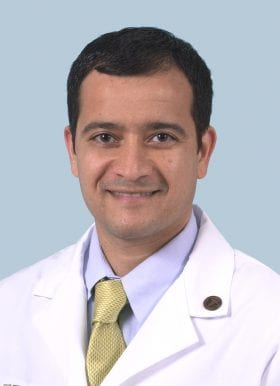
Rajendra Apte, MD, PhD
Professor, Department of Ophthalmology and Visual Sciences, Department of Developmental Biology
- Email: apte@wustl.edu
Research in the Apte lab is focused on innate immunity and immune effector mechanisms in the retina, oxidative stress and cell death, models of developmental angiogenesis and neovascularization, inflammation and photoreceptor survival, and macular degeneration.

Brian Clark, PhD
Assistant Professor, Department of Ophthalmology and Visual Sciences, Department of Developmental Biology
- Email: Brian.s.clark@wustl.edu
The Clark lab is interested in understanding the molecular mechanisms underlying retinal neurogenesis and cell fate determination. Using a suite of profiling techniques, we seek to understand the gene expression and epigenetic changes governing retinal development.

Aaron DiAntonio, MD, PhD
Professor, Department of Developmental Biology
- Email: diantonio@wustl.edu
The DiAntonio lab investigates the molecular mechanisms underlying neurodegeneration and neuroinflammation using genetic, molecular, cell biological, and neuroanatomical techniques in both human stem cell-derived neurons and animal models. Their goal is to translate fundamental mechanistic insights into novel treatments for neurological disease.
The DiAntonio lab is ideal for students interested in MD/PhD programs or PhD students interested in the intersection between fundamental research and the development of novel therapies. Applicants with some previous research experience are preferred.

Aaron Johnson, PhD
Assistant Professor, Department of Developmental Biology
- Email: anjohnson@wustl.edu
The Johnson lab develops and uses a variety of functional genetic approaches to gain deep mechanistic understanding into the processes controlling muscle development, regeneration, and disease.

Kristen Kroll, PhD
Professor, Department of Developmental Biology
- Email: kkroll@wustl.edu
The Kroll lab uses human stem cell and mouse models to study transcriptional and epigenetic regulation of brain development and its disruption to cause neurodevelopmental disorders, including autism and intellectual disability syndromes.
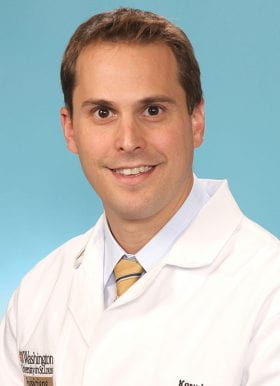
Kory Lavine, MD, PhD
Professor, Department of Medicine, Division of Cardiology, Department of Developmental Biology
- Email: klavine@wustl.edu
The overarching goal of the Lavine laboratory is to identify disease mechanisms that contribute to the pathogenesis of heart failure and design novel strategies to effectively treat these important diseases. They focus on two important areas: precision therapies for heart failure and immune cell heterogeneity and ontogeny.

Helen McNeill, PhD
Professor, Department of Developmental Biology
- Email: mcneillh@wustl.edu
The McNeill lab studies how tissue growth and patterning are regulated in normal development, and how disruptions lead to disease. Current projects focus on Nemp proteins in metazoan fertility and the Fat/Hippo pathway in flies and mice.
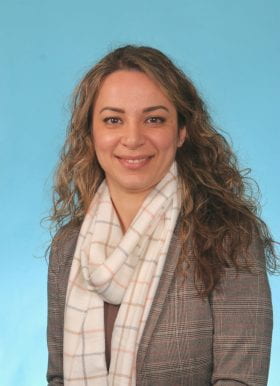
Mayssa Mokalled, PhD
Assistant Professor, Department of Developmental Biology
- Email: mmokalled@wustl.edu
The Mokalled lab investigates mechanisms of spinal cord regeneration after injury or disease using zebrafish as a primary model.

David Ornitz, MD, PhD
Professor, Department of Developmental Biology
- Email: dornitz@wustl.edu
The Ornitz lab investigates the functions of Fibroblast Growth Factors (FGFs) and their role in development, homeostasis, tissue regeneration, and response to injury. We primarily use mouse models and cell culture. Our areas of interest include skeletal homeostasis and maintenance of bone mass, postnatal lung development, pulmonary hypertension, and heart failure.
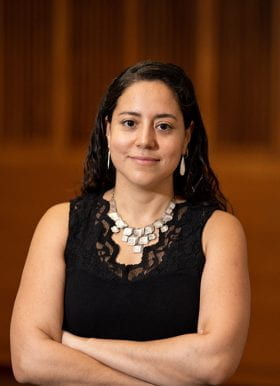
B. Duygu Ozpolat, PhD
Assistant Professor, Department of Biology, Department of Developmental Biology
- Email: bdozpolat@wustl.edu
If humans lose their reproductive cells (i.e eggs and sperm) they become infertile, in contrast, some animals regenerate their reproductive cells and reproductive organs. The Ozpolat lab's goal is to uncover the mechanisms of reproductive cell and tissue regeneration by identifying the cell types and genes involved in this process, which will inform regenerative medicine approaches.

Elizabeth Pollina, PhD
Assistant Professor, Department of Developmental Biology
- Email: pollina@wustl.edu
The Pollina lab leverages new tools and techniques from neuroscience, epigenetics, and genome integrity to advance our understanding of genome fidelity in the nervous system of living organisms. We characterize how diverse environmental stimuli trigger changes in transcription, chromatin, and DNA damage and examine how these dynamic processes go awry in aging and neurological disease.
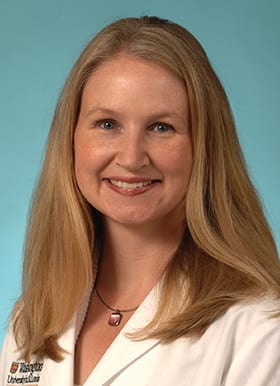
Laura Schuettpelz, MD, PhD
Professor, Department of Pediatrics, Department of Developmental Biology
- Email: Schuettpelz_l@wustl.edu
Research in the Schuettpelz lab focuses on understanding how inflammatory signals regulate hematopoietic stem cells, and also how these signals can contribute to hematopoietic malignancies.
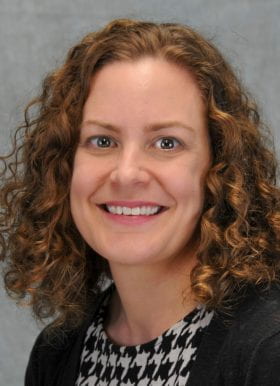
Lavinia Sheets, PhD
Assistant Professor, Department of Otololaryngology, Department of Developmental Biology
- Email: sheetsl@wustl.edu
The Sheets lab uses zebrafish as a model system to understand how sensory hair cells of the auditory system develop, degenerate, and regenerate. A main focus of the lab is to identify biological pathways that promote nerve regeneration and hair-cell reinnervation with the goal of providing information toward clinical regenerative therapies.

Lilianna Solnica-Krezel, PhD
Professor and Head, Department of Developmental Biology; Co-Director, Center of Regenerative Medicine; Affiliate, Department of Biomedical Engineering
- Email: solnical@wustl.edu
The Solnica-Krezel lab studies the cellular and molecular genetic mechanisms underlying vertebrate gastrulation in zebrafish and human embryonic stem cells.

Amber Stratman, PhD
Assistant Professor, Department of Cell Biology & Physiology, Department of Developmental Biology
- Email: a.stratman@wustl.edu
The Stratman lab is broadly interested in how blood vessels form and stabilize during development, and how changes in these processes affect tissue homeostasis and disease.

Thorold Theunissen, PhD
Assistant Professor, Department of Developmental Biology
- Email: t.theunissen@wustl.edu
The Theunissen lab investigates the molecular mechanisms regulating distinct pluripotent stem cell states and their applications in regenerative medicine.

Tony Tsai, MD, PhD
Assistant Professor, Department of Developmental Biology; Affiliate, Department of Biomedical Engineering
- Email: tonytsai@wustl.edu
Why are tissue patterns and shapes so precisely controlled in embryos but not stem cell-derived organoids? Can we learn how to build tissues reproducibly by studying how embryos accomplish this? The Tsai lab uses zebrafish as the primary model to investigate the rules of tissue patterning and morphogenesis. They combine interdisciplinary approaches such as live embryo imaging, CRISPR genetics, single-cell genomics, mechanical assays, and computational modeling.
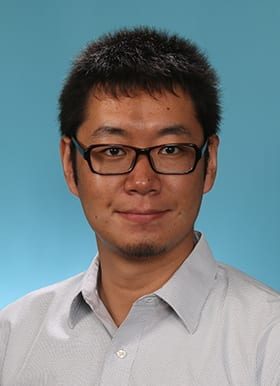
Bo Zhang
Associate Professor, Developmental Biology
We develop bioinformatics tools to analyze high-throughput sequencing data and discover epigenetic changes associated with the activation and silencing of enhancer regulatory elements during embryonic development and carcinogenesis. We construct gene regulatory models to integrate genetic variants, epigenetic modifications and enhancer activation to explain the gene expression regulation in normal and cancer cell fate determination.